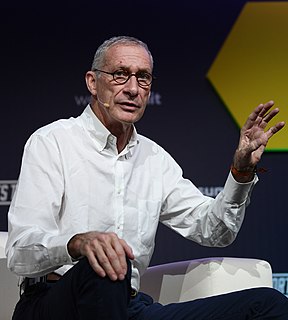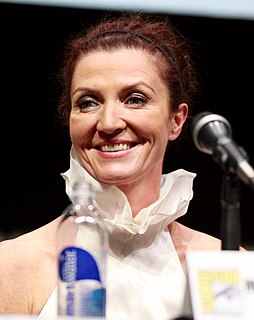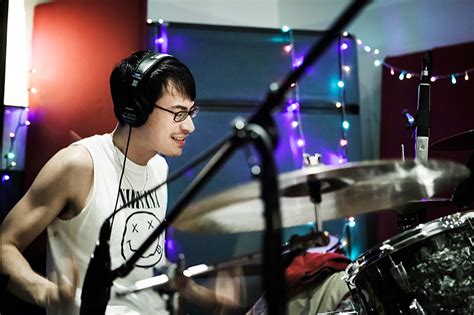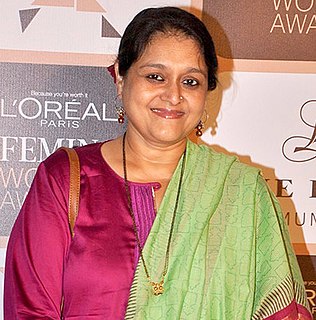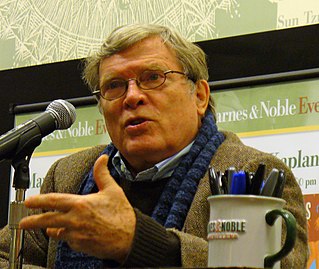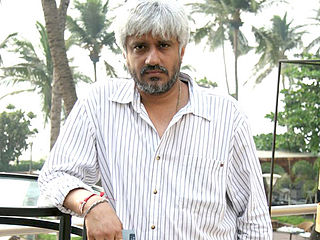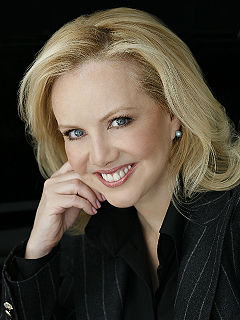A Quote by Randy Pitchford
There's a different kind of experience you have when you experience live entertainment versus the kinds of media we tend to consume most of, when we're watching television or films or reading books. Live entertainment is a whole different beast.
Related Quotes
I think there couldn't be a more perfect time with the state of the world than to come together and share an experience - especially an entertainment experience like This Is Us - to say, "You're different, and I'm different, but we all agree that life should be lived. You should be happy, and we're all deserving of joy."
In fact, entertainment has taken the place of celebration in the present world. But entertainment is quite different from celebration; entertainment and celebration are never the same. In celebration you are a participant; in entertainment you are only a spectator. In entertainment you watch others playing for you. So while celebration is active, entertainment is passive. In celebration you dance, while in entertainment you watch someone dancing, for which you pay him.
We live in a society right now which is the last phase of the ecosystem in terms of the old entertainment value, or the old entertainment construction, which is we've gone down to this instant gratification, instant numbers, instant understanding, instant. But it's like the exact - it has perfected itself to the instant click, when, in a way, creativity originates as a much more complex beast. So we now have to reinvent a new canvas where we can indulge in it. And that's where the digital revolution creates a whole new ecosystem of entertainment.
I try to teach a modernist and postmodernist position. On one hand, if you're a painter, you need to know the history of painting. But I'm also interested in the moment we live in. I love television, and movies, and books, and music. So I also think of art as this cultural production along with all this other stuff that's happening. So that's a kind of postmodern, not media-specific, but the times, what is your art relevant to this moment we live in versus media specificity? That's my teaching philosophy, both of those things are important.



